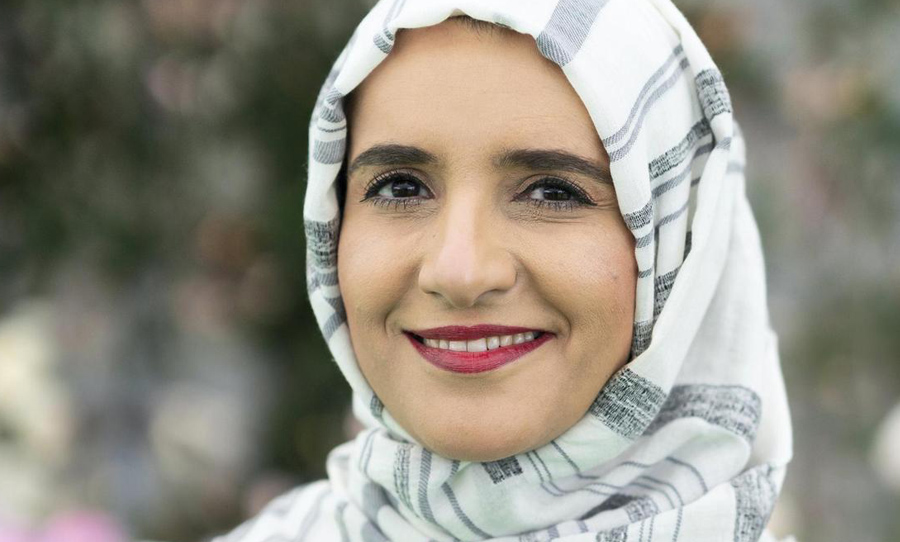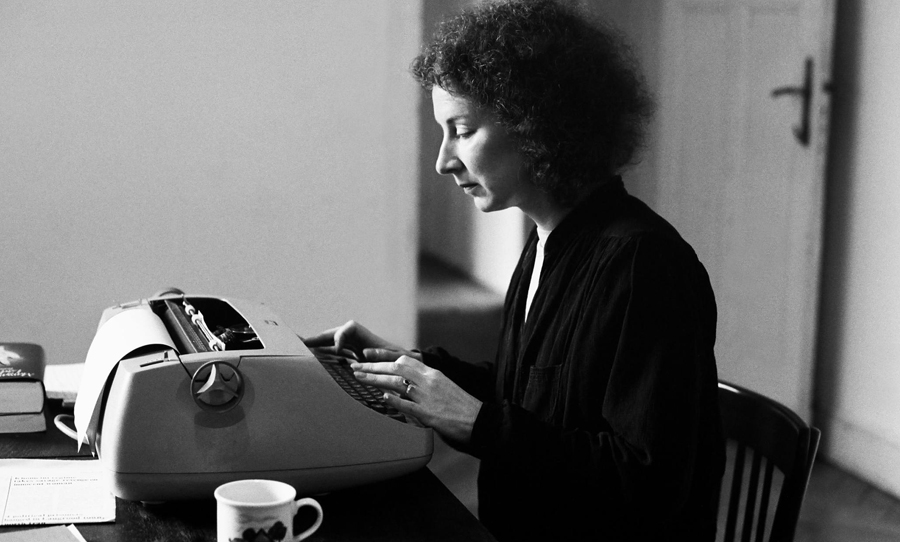The International Booker Prize is awarded annually and shines a light on a world of literature that’s translated into English.
It’s no secret that the Booker prizes, both local and international, seek to honour the best storytellers and fiction in the world. The relationship between the local and international Booker prizes is described as “symmetrical,” and ensures that the Booker Prize Foundation “honours fiction on a global basis: [where] world-class fiction is highlighted by the prizes for English-speaking readers, whether that work was originally written in English (the Booker Prize) or translated into English (the International Booker Prize).”
The International Booker Prize was originally established in 2005 as the Man Booker International Prize: a biennial honour that did not require a work to be translated into English for it to be eligible for the translation award. With the 2022 longlist just announced, we thought it was time to take a closer look at this prestigious prize.

Additionally, the Man Booker International Prize functioned — up until 2015 — as an honour separate to the translation prize, that was given to a living author’s entire body of literature, mirroring the endowment of prizes like the Nobel. However, in 2015, the British newspaper The Independent announced the dissolution of its Independent Foreign Fiction Prize and folded the funding into The Booker Prize Foundation’s International Prize.
What exactly is the International Booker Prize, and what makes it different from other literary prizes? Let #2022InternationalBooker judge and author @VivGroskop explain… To find out more about the longlist visit https://t.co/lTWc7PLsWV #TranslatedFiction pic.twitter.com/QlEN1dtrAx
— The Booker Prizes (@TheBookerPrizes) March 16, 2022
This merge resulted in the reconfiguring of the International Booker Prize, and it now began to function more similarly to its recently-dissolved partner. Post-2015, the International Booker Prize has been awarded annually to a book of fiction translated into English, with the £50,000 prize split between author and translator, and each shortlisted author and translator receiving £1,000. After the merge, the International Booker was now open to any nationality to enter.
Recent winners of the prize include David Diop’s At Night All Blood is Black (tr. from French by Anna Moschovakis), Marieke Lucas Rijneveld’s The Discomfort of Evening (tr. from Swedish by Michele Hutchison) and Jokha Alharthi’s Celestial Bodies (tr. from Arabic by Marilyn Booth).
This year, the 13 titles nominated in 2022 span a range of countries, languages and experiences, while the shortlist’s endowment has increased to £2,500, from the original £1,000. Nominees include Indian writer Geetanjali Shree, whose Tomb of Sand (tr. Daisy Rockwell) has become the first book translated from Hindi to be nominated for the prize and Polish writer and 2018 winner Olga Tokarczuk, whose magnum opus The Books of Jacob took Jennifer Croft seven years to translate.
Geetanjali Shree’s “Tomb of Sand,” tr. by past contributor @shreedaisy, is the first Hindi and South Asian work to be longlisted for the International Booker Prize.
Enjoy this interview with Shree and Rockwell on its significance and much more:https://t.co/A7ugDtD3Tn
— Asymptote Journal (@asymptotejrnl) March 14, 2022
The 2022 Chair of the International Booker Prize judges, Frank Wynne, said that “spending the past year in the company of some of the world’s great writers and their equally gifted translators has been a kind of heaven. From the intimate to the epic, the numinous to the profane, the books make up a passionately debated longlist that traces a ring around the world.” He believes that the shortlisted books “explore the breadth and depth of human experience, and are a testament to the power of language and literature”.
In the wake of the International Booker longlist announcement, chair of the jury Frank Wynne and the Booker Foundation have outlined that copyright for translators and rightful pay should become the industry norm.
More here:https://t.co/1iWEbTdeKv
— Asymptote Journal (@asymptotejrnl) March 16, 2022
As reported by the Guardian, Wynne is the first translator to head the panel who selected the shortlist, judging alongside author and academic Merve Emre; writer and lawyer Petina Gappah; writer and comedian Viv Groskop and translator and author Jeremy Tiang.
Having the chair of the judges for the International Booker Prize call so unequivocally for publishers to pay translators more is an enormous boost to our cause: Thank you, @Terribleman! +
— trying to keep my balance (@alexjzucker) March 17, 2022
While the International Booker Prize provides a unique platform for translators and international writers to open a doorway to the language, meaning and cultures that exist beyond the English-speaking world, it also invites readers into the realisation of the essential, human experiences that we all share — regardless of our culture, language, class or country.



